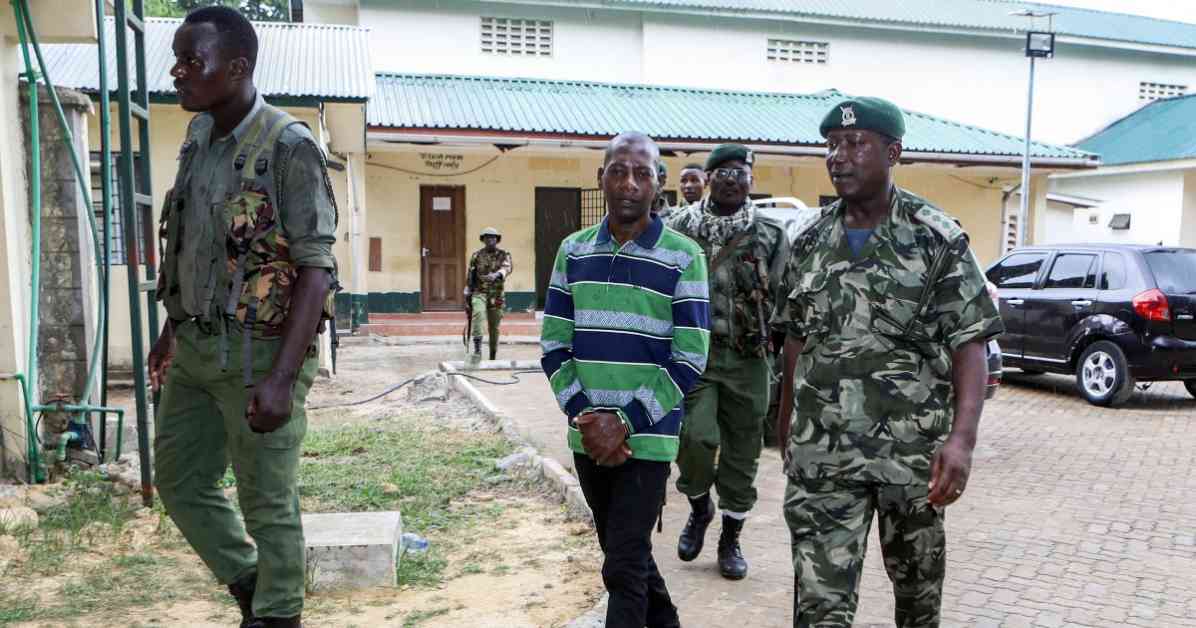Paul Mackenzie, the leader of the Good News International Church in Kenya, is currently on trial for manslaughter following the tragic deaths of over 400 of his followers. Mackenzie is facing charges of murder, child torture, and terrorism after the discovery of the bodies of his followers who had starved to death on his instructions.
During a recent court appearance in Mombasa, Mackenzie appeared frail and thinner than usual, but still maintained a sense of authority over his followers. The case has sparked discussions about the accountability of self-appointed pastors and healers in a deeply religious country like Kenya.
Prosecutors have described the case as unique, with at least 420 witnesses expected to testify during the four-day hearing. Some of the witnesses will provide their testimonies in camera to protect their identities.
The trial follows the release of some victims’ bodies to their grieving families after months of identification work using DNA. The government of Kenya has highlighted the need for stricter control of fringe religious groups in light of this tragedy.
President William Ruto has established a commission to investigate the deaths and review regulations governing religious organizations. The commission’s report, released last month, recommended a hybrid model of self-regulation and government oversight for religious bodies in the country.
The case of Paul Mackenzie and the Good News International Church serves as a stark reminder of the dangers of unchecked power and influence within religious organizations. It has prompted calls for greater transparency and accountability to prevent similar tragedies in the future.



























